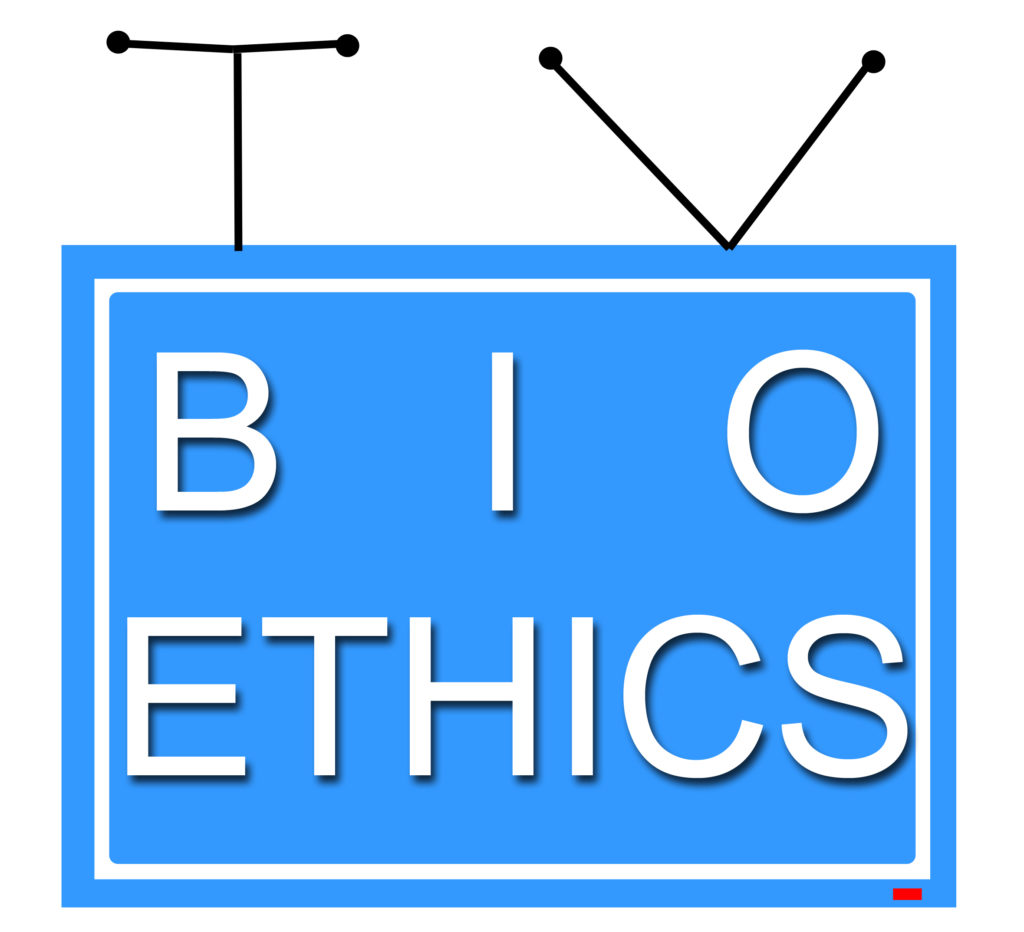by Craig Klugman, Ph.D.
The Good Doctor (Season 4: Episodes 1-3); Chicago Med (Season 6; Episode 1-2);Greys Anatomy (Season 17: Episodes 1-3): The COVID Episodes.
This spring and summer there was a question about whether there would be a fall television season. The usual busy spring filming season was delayed due to COVID-19 and for some shows, production was canceled. While editing and adding sound can be done remotely, filming multiple actors on a well-known set can only be done in person. With the premiere of many shows, how did the showrunners manage to film in the pandemic? The answers are varied and expected. Actors were frequently tested, scenes were simplified (you’ll notice far fewer extras and guest actors), fewer group scenes, casts had to isolate for two weeks before filming, and some shows created a bubble—where actors isolated and then lived with each other, separate from the rest of their worlds. The result is that for most shows, the season only began 4-6 weeks late.
We are all in desperate need for spending time with fictional characters we have known for years; a sense that there is a world beyond the spaces we are spending in physically distant isolation (or should be spending in physically distant isolation). I looked forward to some escapist drama where medical mysteries could be solved in an hour.
I was certainly disappointed. The main medical shows The Good Doctor, Chicago Med, and Grey’s Anatomy started shortened fall seasons focusing intently on COVID-19 stories. All of them presented the pandemic from health care worker’s points of view. Thus, viewers saw exhausted doctors in uncomfortable PPE; nurses who were working in isolation wards following strict protocols; hospitals short on PPE and ventilators, elective surgeries canceled, and redeployment with medical and nurse specialists working to test and separate patients in in-take tents and providing general medical care. In Grey’s Anatomy, Bailey shows Weber, returning after surgical recovery, the empty surgical board.
There are also some clearly wrong steps in what the viewer is shown. Frequently, doctor sstrip off their masks when entering the doctors lounge even though other people are there. Doctors and nurses remove their masks to talk to families, patients, and each other. Family members visit COVID patients without wearing full PPE (though sometimes with it). In Chicago Med, after an intense first episode about COVID, in the second episode they have introduced a 100% accurate rapid test that takes minutes to get results (which does not exist) so that COVID patients are in one area and everyone else is elsewhere. This deux ex machina allows them to focus on non-COVID stories and have actors interact like it was normal times. But these are not normal times.
These shows also raise very real issues that hospitals, health care workers and patients are facing in the pandemic. A moment in Chicago Med has doctors not running codes because of the risk of spread from lung secretions, exemplifying a practice that many hospitals adopted in the early days of the pandemic. Visitors are limited and excluded at various time. Patients are dying alone with their loved ones watching on a tablet or cell phone. Montages show many deaths with some patients decompensating quickly. We see overworked staff, PPE shortages and resource allocation decisions. Characters comment on the racial inequities in the pattern of disease and deaths.

In episode 2 of Chicago Med, a Black patient gives birth after her pain is ignored in the jail. She was arrested for laying hands on a police officer and we are led to believe that the officer exaggerated the offense in order to have her arrested. When Manning essentially does the same thing to prevent an officer from handcuffing the mother nursing her baby, she gets off with a warning. Racial disparities are shown in these episodes, though like the real world, few know how to solve them.
In only one show was there a non-COVID-19-related ethical issue. Chicago Med (episode 2) shows a patient with multiple injuries who is drunk but denies drinking. Halstead feels he has to report her to the FAA since the patient is an air traffic controller. His compassion is at an end, and as usual, he acts on instinct. However, he finds the patient recently changed her diet and is suffering from autobrewery syndrome. He discovers this before he ends her career, showing the lesson to make sure your facts support your conclusions before acting.